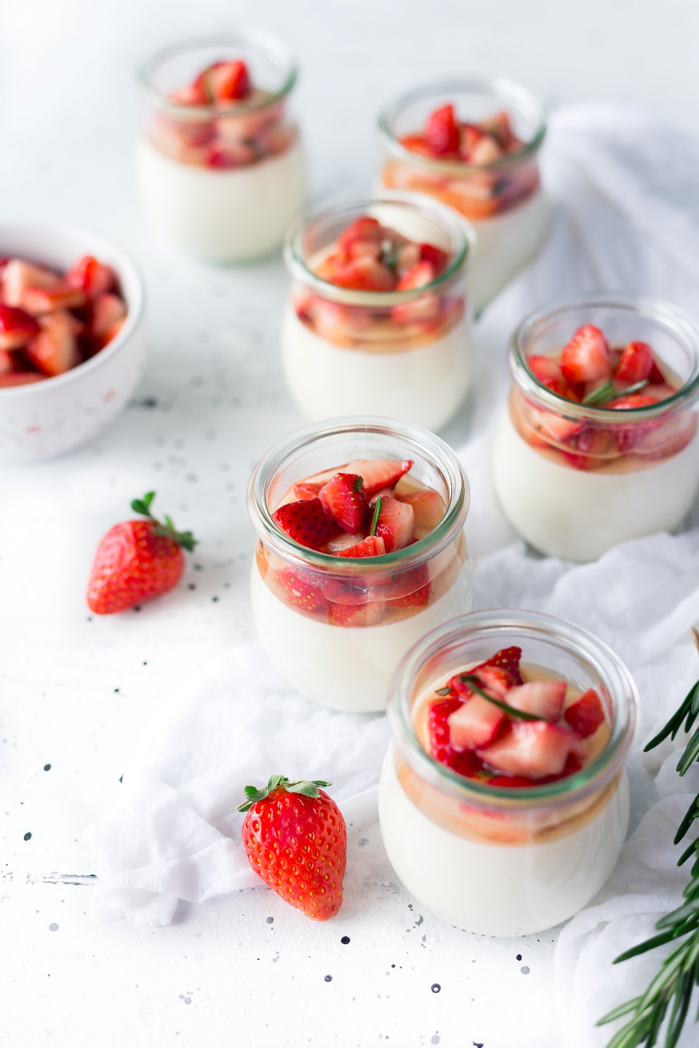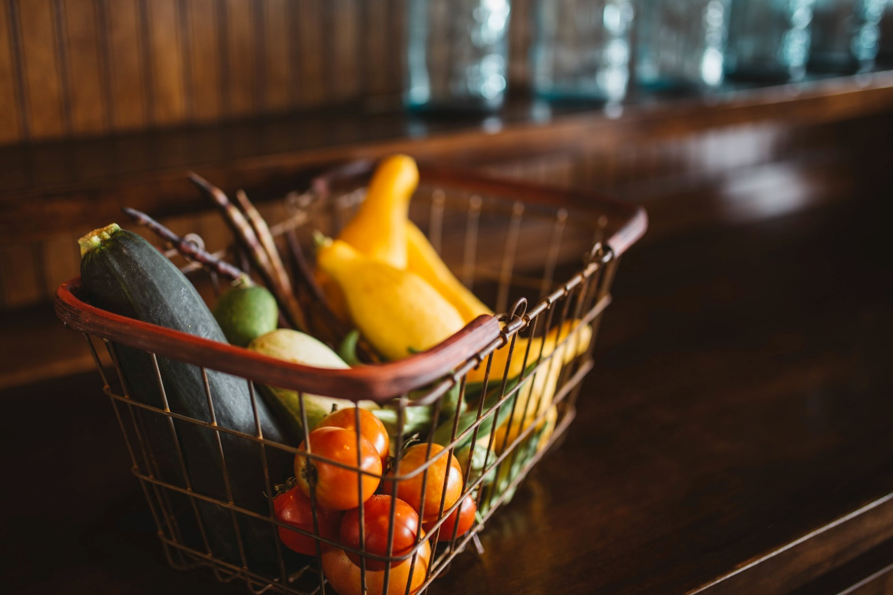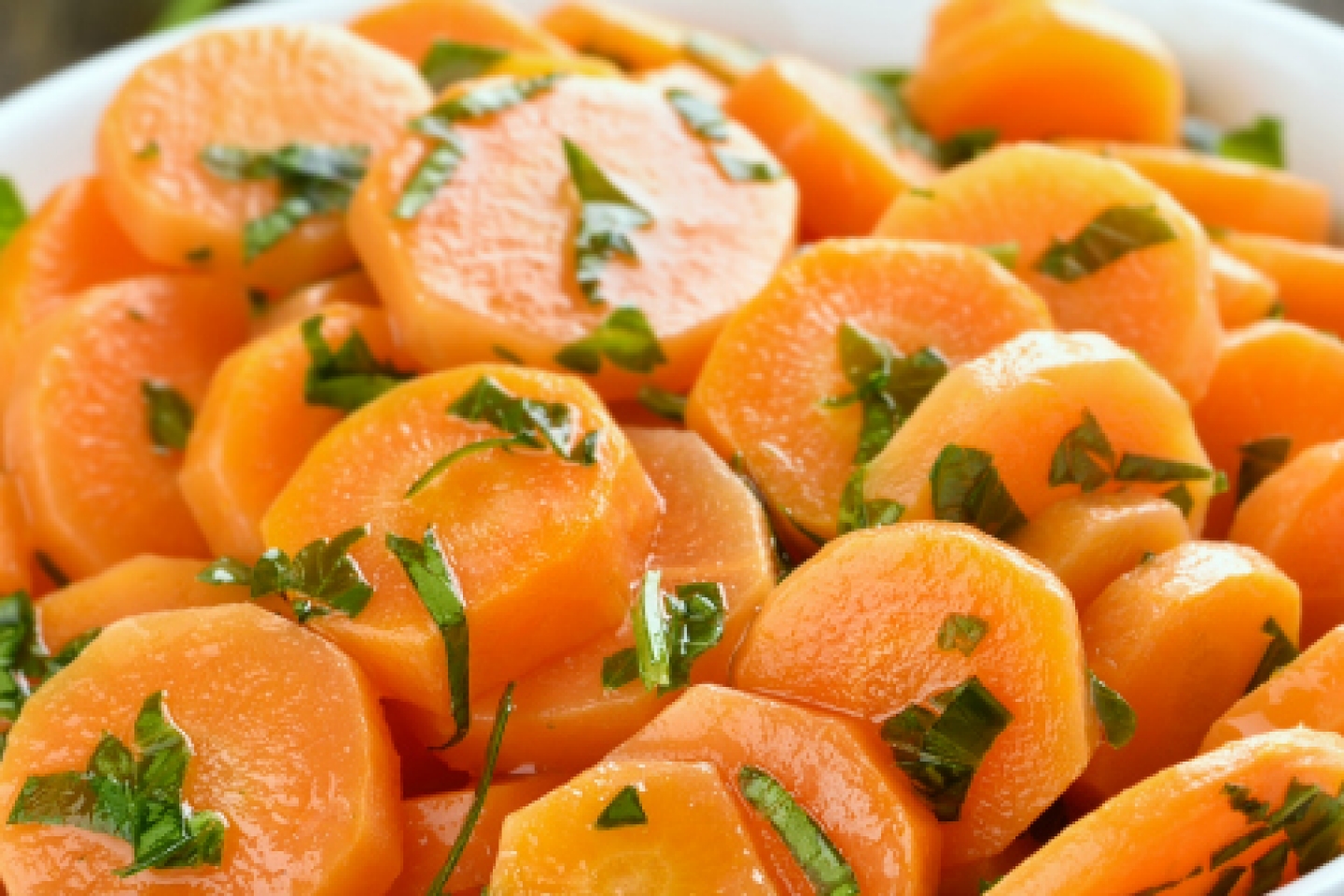What Is Crohn’s Disease?
Crohn’s Disease is a chronic, inflammatory autoimmune disease in which the body’s immune system responds abnormally to the healthy bacteria in the GI tract and attacks its own intestinal tissues (sometimes leading to surgery). There may be a genetic component to developing Crohn’s disease, so those with family members suffering from Crohn’s have a greater risk of developing the condition themselves.
Symptoms of Crohn’s Disease may include1:
- Abdominal/intestinal pain
- Diarrhea (sometimes bloody)
- Unexplained weight loss
- Anal fissures
- Mouth sores
- Bowel blockages
… and other uncomfortable issues.
Foods to Avoid
Because Crohn’s Disease makes the gastrointestinal system so sensitive, there are a variety of foods that are important to avoid in order to reduce the risk of inflammation and pain. Foods that should be avoided include 2:
- Lactose, if you’re intolerant or have a severe sensitivity
Because it’s fairly common for individuals with Crohn’s Disease to also have a lactose intolerance, it’s important to find out whether your body can process dairy products if you’re dealing with Crohn’s. If you are intolerant, ingesting dairy can cause additional cramping, gas, diarrhea, and other exacerbating symptoms.
- Greasy, fried foods
It’s probably not a surprise that high-fat fried foods like fries, creamy sauces, and greasy cheeseburgers can be problematic. For those with Crohn’s, this fat is not well absorbed and can lead to painful cramping and diarrhea.
- Popcorn
You might not realize it, but popcorn is considered a whole grain. Because of this, it can be hard for Crohn’s sufferers to digest properly, causing discomfort (especially during a flare-up).
- Too many raw fruits and/or vegetables
Raw fruits and vegetables are high in fiber and can be very difficult for the digestive system of a Crohn’s sufferer to break down. Too much of this fiber can cause an excess of gas and may need to be eliminated completely if it becomes problematic.
- Gluten-containing foods, if you also have a gluten sensitivity
Similar to lactose intolerance, those with Crohn’s Disease also have a higher risk of gluten intolerance/Celiac Disease. Make sure you’re tested for this, as well, and avoid gluten should your doctor confirm an issue.
Foods That Can Fight Crohn’s
Just as there are foods that aren’t good for Crohn’s Disease, there are other foods that can be particularly helpful in reducing flare-ups and soothing symptoms 3:
- Yogurt (unless you are lactose intolerant)
Yogurt contains natural probiotics in the form of live bacterial cultures. These can help your system digest food more easily.

- Fish rich in omega-3 fatty acids
Oily fish with lots of omega-3s are great for Crohn’s due to their anti-inflammatory properties.
Cooked carrots
Carrots are nutrient-rich and contain Crohn’s-fighting antioxidants. Plus, tender cooked carrots are much easier to digest than raw vegetables.
Potatoes
Avoid the fiber-packed skins, but enjoy the potassium-rich, soft insides of potatoes to help your body keep its fluids balanced.

Get a Diagnosis and Seek Treatment at Weill Cornell Medicine
If you suspect that you may be suffering from Crohn’s Disease or another gastrointestinal disease, the experts at Weill Cornell Medicine can help diagnose and treat your symptoms. Set up an appointment today by calling (646) 962-4000.
Sources
- https://www.mayoclinic.org/diseases-conditions/crohns-disease/symptoms-causes/syc-20353304
- https://www.mayoclinic.org/diseases-conditions/crohns-disease/diagnosis-treatment/drc-20353309
- http://www.healthline.com/health-slideshow/crohns-disease-power-foods


